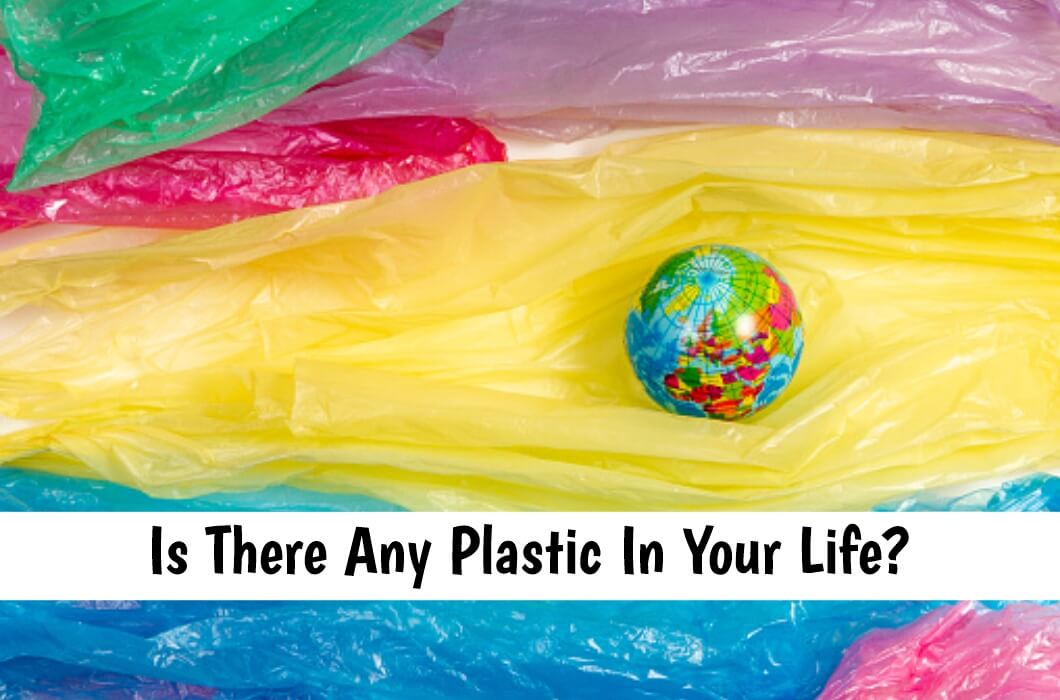Is There Any Plastic In Your Life?
You're probably not far off if you answered everywhere. Plastics are one of the most important components of modern technological civilization: they're robust, flexible, long-lasting, corrosion-resistant, and seemingly limitless in their applications. Plastic can be found in unexpected areas. When you take a close look around your house, you'll be surprised at how many objects there are that include plastic. From the food containers and milk and soda bottles we buy at the shop to the surfaces in our kitchens and the linings of our cooking pans, plastic things are all around us. It's commonly found wrapped around the items we purchase daily. After all, it's a useful method to keep food and cosmetics clean and fresh. We wear garments made of plastic fibers, sit in plastic chairs, and travel in vehicles, trains, and planes with plastic components. Plastics are now utilized in everything from insulated wall panels to window frames, making them a significant building element.
Since 1950, the world has generated 8.3 billion metric tonnes of plastic, of which 6.3 billion metric tonnes have become waste, with just 9% of that being recycled. The remaining end up in landfills and the world's waterways, where plastic pollution is wreaking havoc on species and washing up on beaches. Discarded packaging accounts for about 40% of all garbage. The complaint may be focused on drinking straws, plastic bottles, and polythene bags, but the absolute evil of single-use plastics is our overdependence on them. Because we produce so much of it and discard so much of it, our reliance on plastic has become increasingly dangerous.
Combating this "white pollution" would require a total shift in the material itself. The toxic consequences of our love affair with plastic are being confronted around the world. Scientists, engineers, and designers are focusing on environmentally friendly alternatives that build circular, low-waste ecosystems. Is it possible that nature can provide some alternatives?
Best Eco-Friendly Alternatives to Plastic
It doesn't have to be tough to replace plastics in your daily life, and it can help you lower your carbon footprint significantly. It's time to abandon single-use plastic and embrace these eco-friendly alternatives to plastic instead.
Glass Bottles and Jars
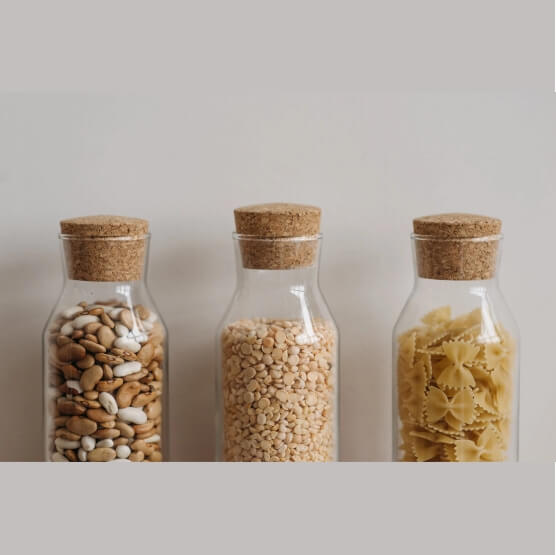
Once upon a time, both mothers and milkmen used to fill glass bottles with milk. Look around your kitchen and you'll probably notice a lot of plastics: water bottles, soda bottles, and food storage containers, to name a few. Times have changed. Sometimes going back in time is a good thing. Glass is made from sand, unlike plastic, which is often derived from fossil fuels. This renewable resource doesn't contain chemicals that can leak into your food or body. Jam jars, honey jars, pickle jars, butter jars, and a variety of other jars can be added to your zero-waste kitchen set. They can also be decorated and transformed into handcrafted gifts or used to keep leftovers and homemade drinks. The glass will shatter if dropped, but it will not melt in your microwave.
Glass bottles and jars are potentially 100 percent recyclable, and the glass used in them can be reused endlessly without sacrificing quality or purity. It's simple to recycle, whether you put bottles in your recycling bin to be converted into new bottles or reuse glass jars for leftover storage. Recycled glass is welcomed by glassmakers since it saves energy in furnaces when utilized as an ingredient in the production of new glass.
Beeswax Food Wrap
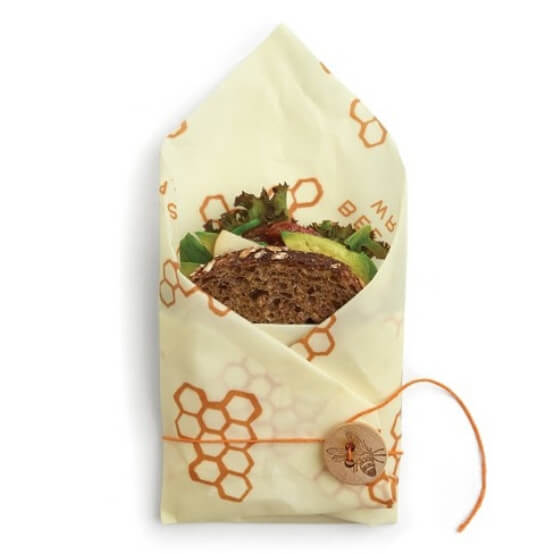
While plastic wrap can be a useful tool for preserving and reducing food waste, it is a single-use plastic that will eventually end up in landfills. Consider switching to reusable beeswax food paper. They're made of washable, compostable, and, most importantly, reusable materials like cotton, sustainably harvested beeswax, and tree resin. Beeswax-coated fabric is easy to use and easy to clean. It also smells great. You can buy them online or you can make them yourself. All you need is beeswax beads, some kind of fabric, baking sheets, and parchment paper.
Organic Cotton Bags
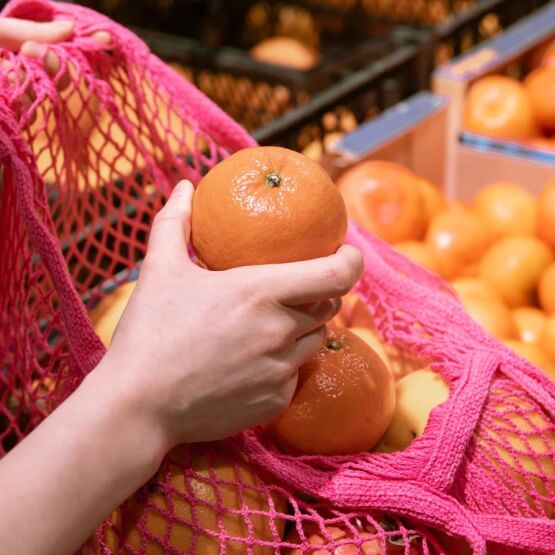
While just 5% of the 1 trillion single-use plastic bags thrown each year are recycled, consider switching to organic cotton bags which are free of chemicals and degrade in landfills in 5 months. Make sure you have a reusable bag in your handbag, backpack, and car so you don't have to buy a new one every time you go out!
Natural Fibre Cloth
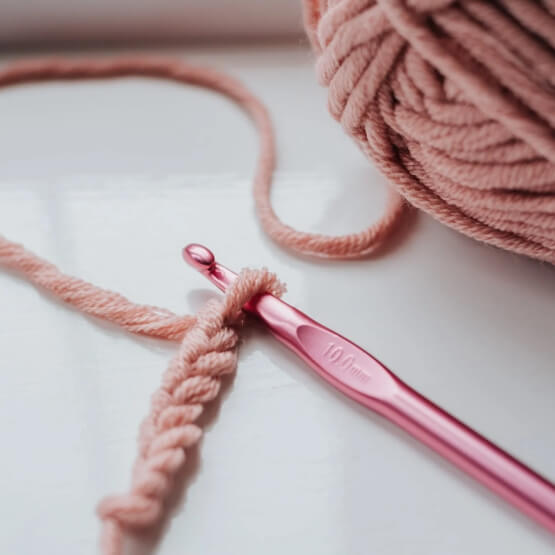
Plastic bags can be replaced with natural fabric bags. Natural fibers do not shed microplastics when washed or worn, unlike synthetic fibers like polyester or acrylic, which are more harmful to the environment and can leak toxic chemicals. Organic cotton, hemp, and bamboo are examples of natural fibers. For children's toys, household containers, and more, felted or recycled wool is a versatile, safe, and compostable material.
Steel Containers and Drinking Straws
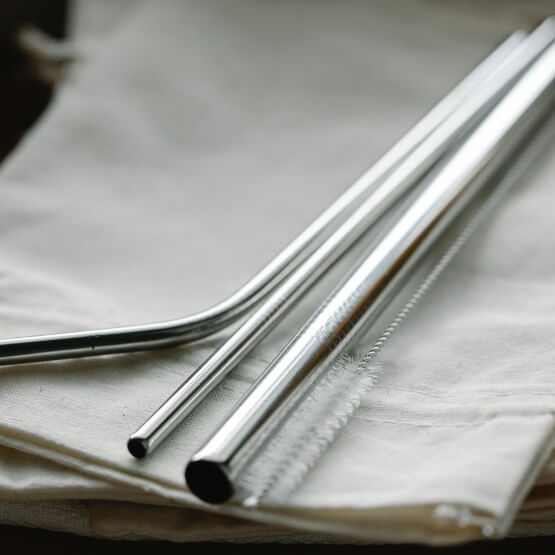
Straws made of plastic are all over the place. Approximately 8.3 billion plastic straws have washed up on beaches around the world, with many of them ending up in the digestive systems of marine creatures. These items have become such a huge problem, more and more countries and cities are banning them or restricting their use. Metal straws that can be reused could assist to replace disposable plastic straws. Consider replacing your plastic lunch container with steel ones too. Steel can be recycled without losing quality
Cassava Raincoats
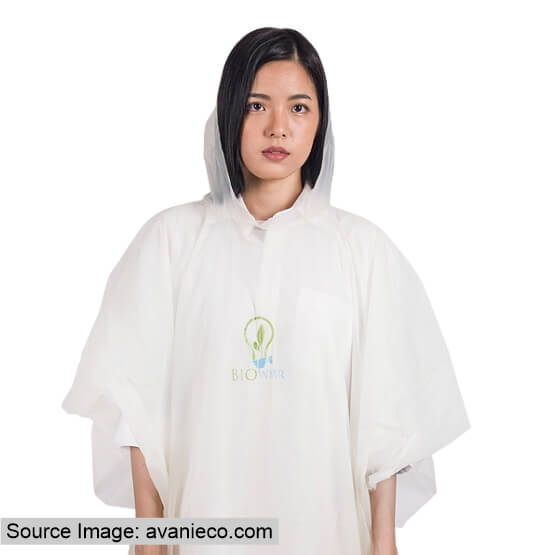
On a wet day, raincoats are unquestionably more comfy than carrying an umbrella. The concern is that most of these raincoats will be thrown away after a few usages, yet will not degrade for millions of years. So an Indonesian man with a biology degree made raincoats, bags, and food packaging out of cassava, a common vegetable throughout the country.
Edible Water Bottles
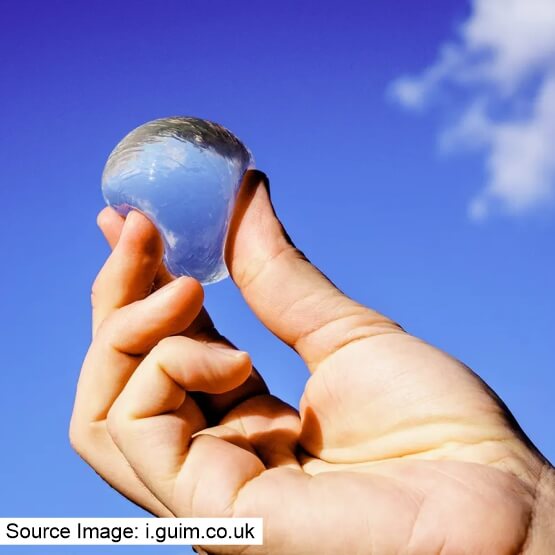
This does not appear to be logical at first glance. Consuming the product's packaging? It is possible! It is, after all, made of plant-based ingredients. Seaweed extract is used to make Ooho. Unless you eat it, the material dissolves in a natural setting in six weeks on average, compared to 450 years for plastic bottles.
Edible Forks, Spoons, and Chopsticks
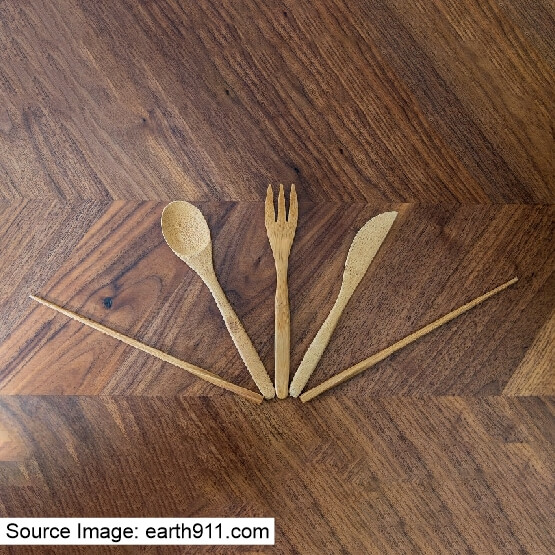
Cutlery is another famous plastic product that you no longer need to be concerned about because you can consume the alternative. Sorghum, rice, and wheat flour are used to make spoons, forks, and even chopsticks. They're baked in molds, and flavors are sometimes added as well. You don't need to buy dessert because it's already in your hands.
Bamboo Toothbrushes
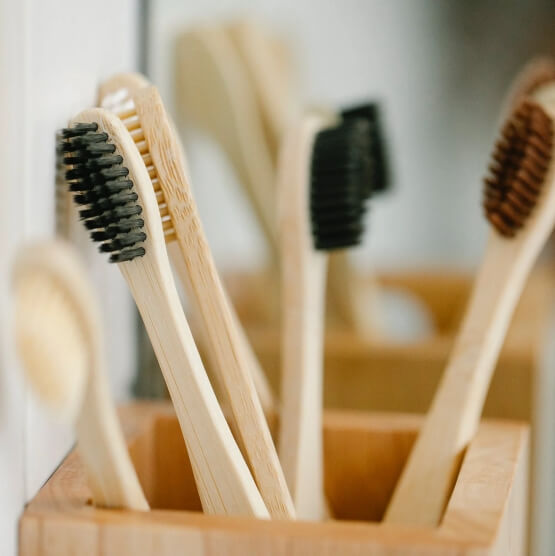
People love having clean teeth. Considering that a person is supposed to use a new toothbrush every three to four months, it's depressing to consider how much plastic garbage toothbrushes alone contribute to landfills. Each year, around 23 billion plastic toothbrushes are discarded worldwide, with each one taking up to 500 years to fully degrade. Plant-based toothbrushes have been on the market for a long time. Bamboo is a natural material that grows quickly and is completely biodegradable, taking only 6 months to decompose in a landfill. It is used for all components, including the box and packaging. Just remember to remove the nylon bristles before discarding your toothbrush so that they can be recycled as well!
Eco-Friendly Conditioner Bars
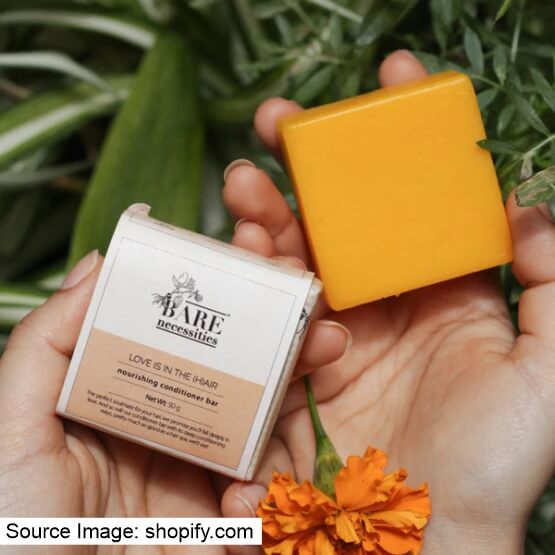
Five bottles of liquid shampoo are comparable to one eco-friendly solid shampoo bar. The use of shampoo bars eliminates the need for plastic bottles. The bars come in a variety of forms, including conditioners, lotions, and face washes. They are devoid of palm oil, a deforestation-linked component. Coconut oil, cocoa butter, kiwifruit seed oil, and essential oils are used to make the bars. Furthermore, they are more effective than most shampoos because they aren't diluted with water. On average, a shampoo bar will last more than two to three bottles of liquid shampoo.
Plant-Based Sanitary Napkins
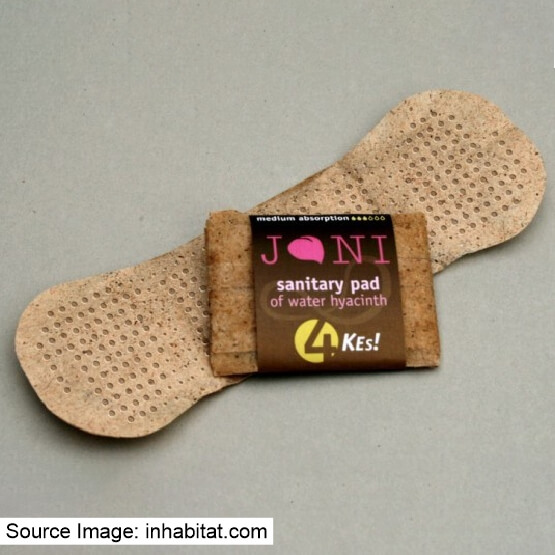
Women's hygiene is frequently discussed in terms of where they lack the essentials, such as sanitary napkins and pads. The environmental impact of these products is immense. Millions of pads are used throughout the world every day. A single pad which is about 90% plastic takes 500 to 800 years to degrade. Adapt to plant-based sanitary pads. Corn and bamboo fiber are used to produce them. Six months after disposal, they begin to decompose.
Soap Nuts
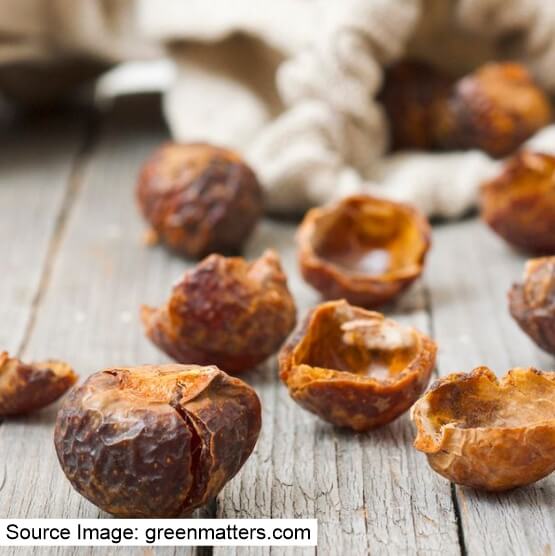
The name is a little misleading because they don't actually contain soap. Soap nuts are shells of berries that act like ordinary detergents but don't include any chemicals. They can be found in the Himalayas. Saponin, a natural cleaning ingredient found in these nuts, cleans the garments. It gets deep into the fibers of the clothing, eliminating stains and dirt that are then rinsed away. Imagine how many plastic laundry jugs you'll be saving the Earth from.
Silicone Food Bags
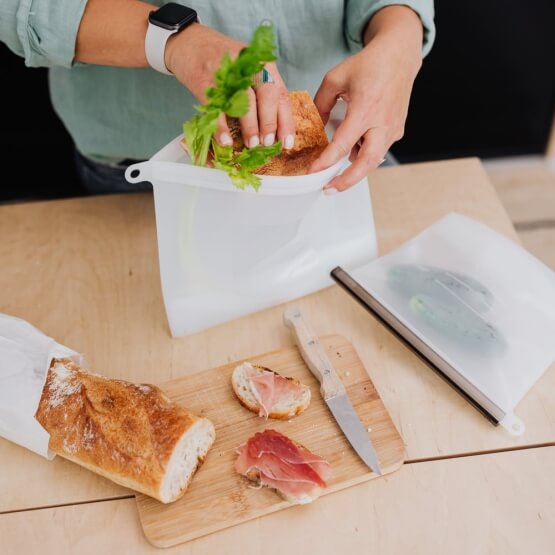
Plastic ziplock bags are frequently required by food lovers and home cooks for particular meals and marinating. Consider how much garbage you could save if you didn't have to toss away plastic sandwich bags. Instead of throwing them away after each use, invest in reusable silicone food bags. These bags are made of 100 percent pure platinum silicone and are fully functional, self-sealing, and, most importantly, non-plastic. They can be properly stored, frozen, microwaved, and even submerged in boiling water for sous vide. They are both airtight and leakproof.
Store Bags made of Starch
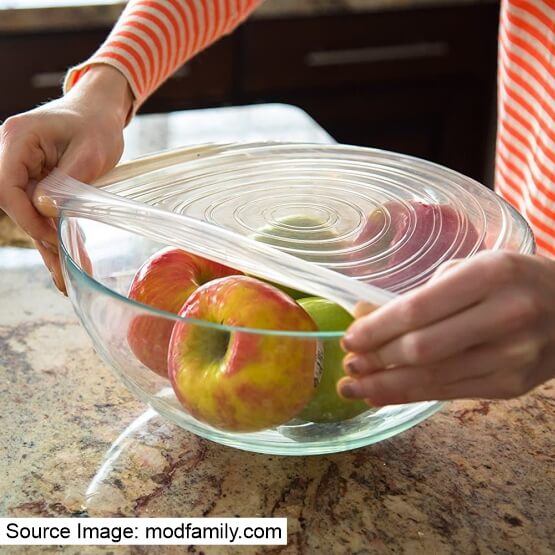
These bags can be used as animal food after usage. An amazing invention serving a dual purpose! This may appear too wonderful to be true, but it is true. EnviGreen is an Indian firm that has developed a replacement for plastic bags as a result of several towns banning them. Bags composed of starch and vegetable oil derivatives are the company's solution. If animals don't consume them, the eco-friendly bags will dissolve in a day, according to the manufacturer.
Silicone Stretch Lids
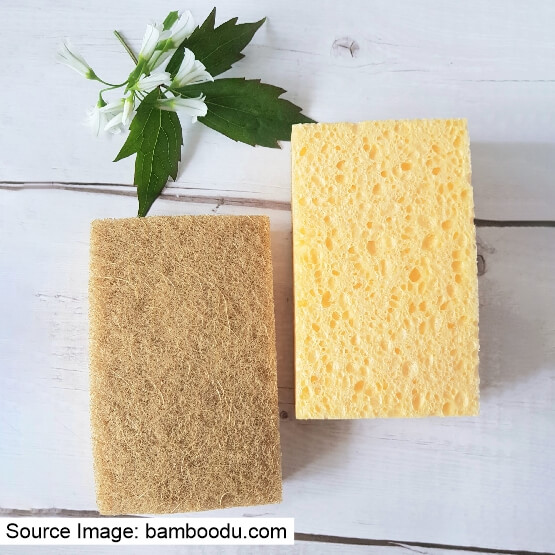
Silicone stretch lids are a stylish alternative to the standard aluminum foil or stretch wraps. Consider how much money you'll save by not needing to buy Tupperware in various sizes. You don't even have to worry about starting a fire when using silicone lids in the microwave. Because they are constructed of silicone, they may be used in the freezer as well as the standard oven.
Liquid Wood
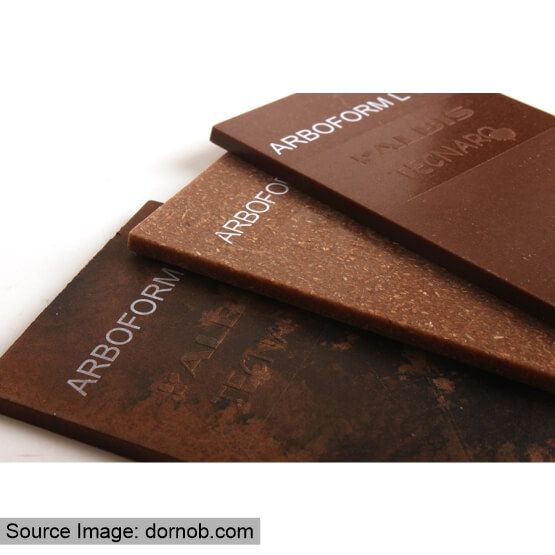
Liquid wood, also known as Arboform is a bioplastic made from wood pulp based lignin, hemp or flax, and wax. It produces a non-toxic alternative to petroleum-based polymers when blended with other materials. These materials look, feel, and act just like plastic and they are biodegradable. Certain car parts, boats, decks, and other products are made from liquid wood. Because it's made of wood, it can be recycled as wood, too.
Natural Scrub Sponges
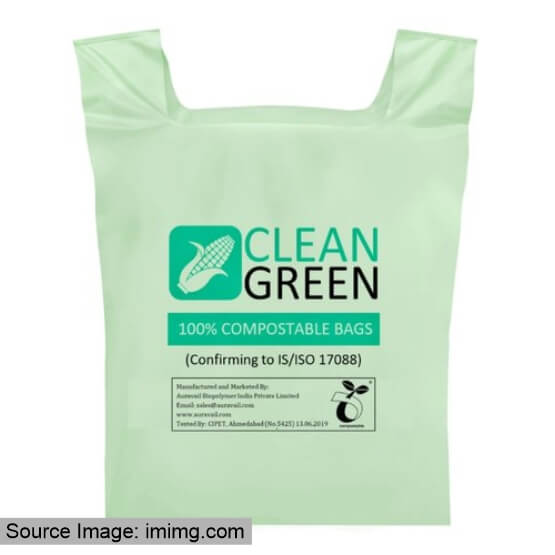
Sponges are one of the dirtiest kitchen objects. People use them frequently throughout the day, but how often do they clean them in boiling water or in the microwave to eliminate bacteria? The solution to change sponges regularly may appear easy, which are mainly composed of oil-based plastic, resulting in a lot of waste. Plant-based sponges are a superior option because they last longer and are completely compostable.
Conclusion
We hope that this list of plastic alternatives will inspire you to switch some key items in your life with plastic-free options instead. As you eliminate plastic from your life, you’re not only cutting your own carbon footprint, you’re modeling more sustainable living for those around you. Help spread the word about how essential it is to rethink our everyday habits and what we expect from the companies we buy from. As demand for more sustainable business practices grows, companies will respond, and the tremendous growth in plastics consumption can be reversed
The Sooner, The Better!
